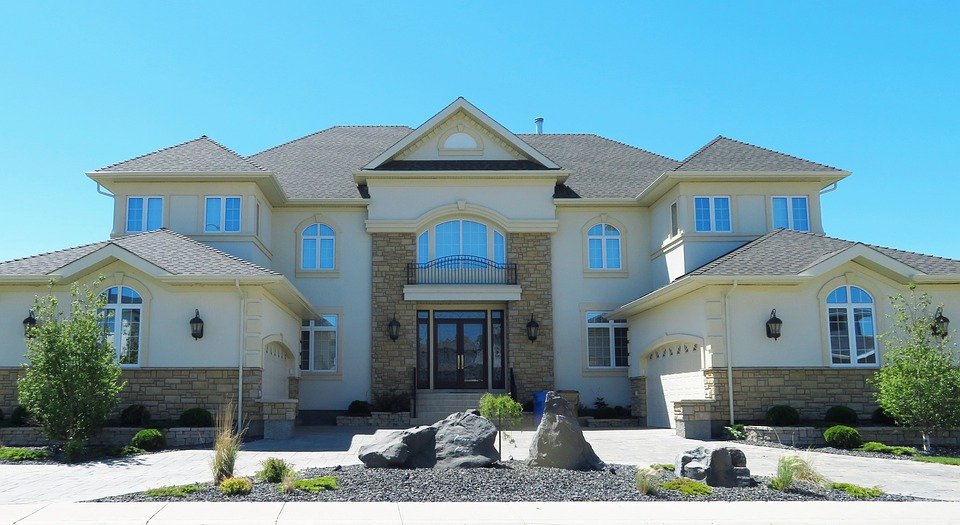[ad_1]
Interest Rates Unveiled: Exploring Their Effect on the Property Market
Interest rates play a vital role in the economy, and one of the sectors that is significantly impacted by these rates is the property market. The relationship between interest rates and the property market is intricate and often subject to various dynamics and external factors. Understanding this relationship can help individuals make informed decisions when it comes to buying or investing in property.
Firstly, it is important to grasp the concept of interest rates. Interest rates are the percentage of a loan that a borrower pays to a lender as a fee for borrowing money. These rates are determined by central banks, such as the Federal Reserve in the United States, or the European Central Bank in Europe. These institutions set the rates to control inflation and ensure economic stability.
One of the most direct ways interest rates affect the property market is through mortgage rates. Mortgage rates are determined by the prevailing interest rates in the economy. When interest rates are low, mortgage rates become more affordable, making it easier for potential homebuyers to obtain loans. This results in increased demand for housing, which leads to a rise in property prices.
Conversely, when interest rates rise, mortgage rates become more expensive. Higher borrowing costs discourage potential homebuyers, leading to a decrease in demand for housing. This decrease can have a direct impact on property prices, causing them to stagnate or even decline. Increased interest rates can also affect property developers and investors who rely on borrowing to fund their projects. Higher financing costs can limit their ability to expand or take on new projects, which in turn impacts the availability of new properties in the market.
The impact of interest rates on the property market is not limited to mortgage rates and property prices. Interest rates can also influence the rental market. When mortgage rates increase, homeowners may choose to postpone selling their houses, resulting in a reduction in the number of homes available for rent. This decrease in supply can lead to an increase in rental prices.
Apart from their direct impact on borrowing costs and property prices, interest rates can also influence buyer sentiment and overall market activity. Low-interest rates often create a sense of urgency among buyers, as they perceive it as an opportunity to secure affordable financing. This can lead to a surge in demand for properties, resulting in increased competition, multiple offers, and a seller’s market. On the other hand, high-interest rates can dampen buyer enthusiasm, leading to a more balanced or even buyer’s market.
External factors such as economic growth, inflation expectations, and government policies further complicate the relationship between interest rates and the property market. For example, during times of economic downturn or recession, central banks may slash interest rates to stimulate economic activity and increase consumer spending. This approach can help boost the property market by making borrowing more affordable and encouraging buyers to invest.
In conclusion, interest rates are a key factor in shaping the property market. The relationship between interest rates and the property market is complex and multifaceted. Mortgage rates, property prices, rental market dynamics, buyer sentiment, and overall market activity are all influenced by changes in interest rates. Understanding this relationship is essential for individuals looking to buy or invest in property, as it allows them to assess market conditions and make well-informed decisions.
[ad_2]




